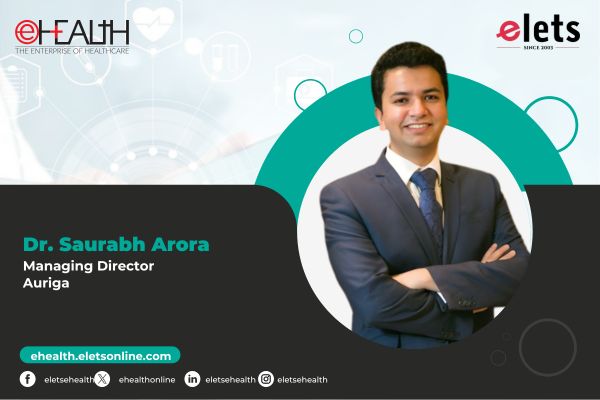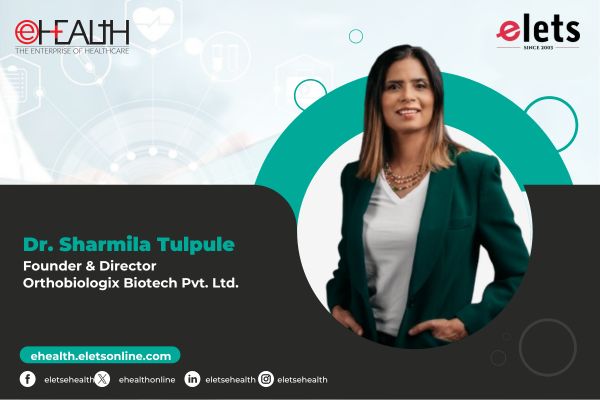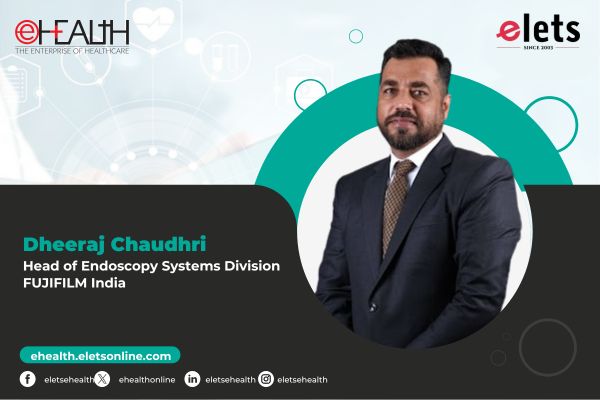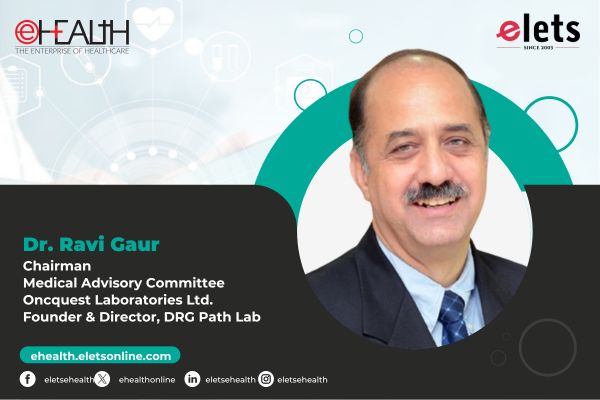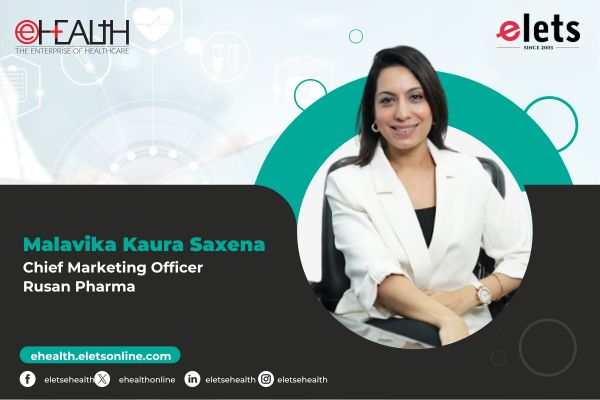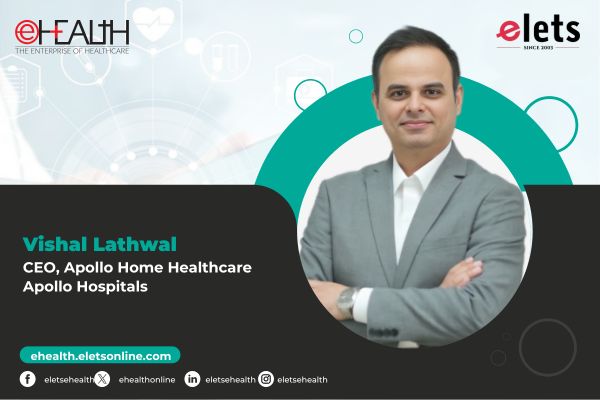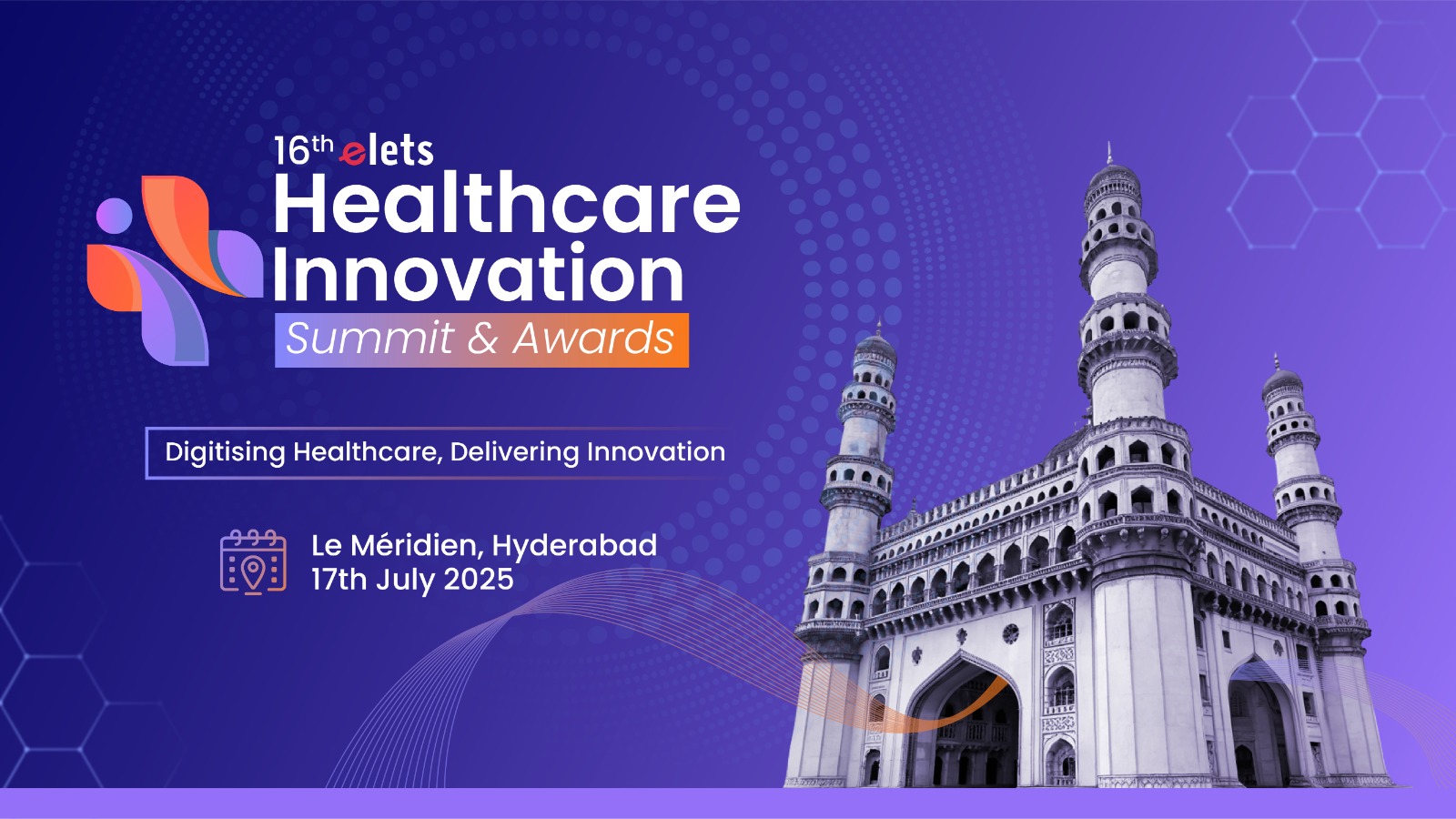
In recent years, digital disruptions have transformed healthcare, bringing about radical changes in the way healthcare services are delivered. The digitisation of healthcare is not only making it more accessible and affordable but also improving the quality of care. In this essay, we will examine some of the key digital disruptions that are driving the transformation of healthcare.
Telemedicine and remote patient monitoring are two digital disruptions that are revolutionising the way healthcare is delivered. With telemedicine, patients can access medical care remotely, often through video conferencing, without having to leave their homes. This has been particularly useful during the COVID-19 pandemic, where patients can receive medical care without risking exposure to the virus.

Remote patient monitoring, on the other hand, allows healthcare providers to monitor a patient’s health remotely. This is done using wearable devices that can track vital signs such as heart rate, blood pressure, and blood sugar levels. This has been particularly useful for patients with chronic conditions who need regular monitoring.

Artificial Intelligence (AI) and Machine Learning have the potential to revolutionise healthcare by improving diagnosis and treatment and making healthcare more personalised. AI algorithms can analyse large amounts of medical data and identify patterns that can lead to better diagnosis and treatment. Machine learning algorithms can also learn from the data and improve their accuracy over time.

AI is being used in a variety of healthcare applications, including medical imaging, drug discovery, and patient monitoring. In medical imaging, AI algorithms can analyse medical images and identify abnormalities that may be missed by human radiologists. In drug discovery, AI algorithms can help identify new drug candidates and speed up the drug development process.

Wearable devices and digital therapeutics are digital disruptions that enable patients to take control of their health. Wearable devices such as fitness trackers and smartwatches can monitor physical activity, sleep, and other health metrics. This data can be used to motivate patients to exercise more and live healthier lifestyles. Digital therapeutics are software programs that can be used to treat a variety of conditions, including mental health disorders, diabetes, and chronic pain. These programs are designed to be used in conjunction with traditional medical treatments.
Data analytics and predictive modeling are digital disruptions that enable healthcare providers to make better decisions. Healthcare providers can use data analytics to identify patterns and trends in healthcare data, which can help them make more informed decisions about patient care.
Predictive modeling can also be used to identify patients who are at risk of developing certain conditions, such as diabetes or heart disease. This can help healthcare providers intervene early and prevent the condition from developing.
Blockchain is a digital disruption that enables secure and efficient management of healthcare data. Blockchain technology can be used to create a secure and decentralised database of healthcare records that can be accessed by healthcare providers and patients.
Blockchain technology can also be used to create smart contracts that automate healthcare processes such as insurance claims processing and clinical trial management.
Cybersecurity and data privacy are critical considerations in digital health. Healthcare data is highly sensitive and must be protected from cyber threats. Healthcare providers must ensure that their digital systems are secure and that patient data is protected at all times.
The use of encryption and secure authentication protocols can help ensure that patient data is protected from unauthorised users.
The advent of chatbots powered by Generative Pre-trained Transformers (GPT) has been a game-changer in many industries, including healthcare. GPT-based chatbots use machine learning algorithms to learn from large amounts of data and generate human-like responses to user inquiries. In healthcare, GPT-based chatbots can be used to provide patients with personalised, on demand support and information, as well as assist healthcare providers in delivering care more efficiently.
One of the most promising applications of GPT-based chatbots in healthcare is in the field of mental health. Chatbots can provide a safe and non-judgmental space for patients to seek help and advice on mental health issues, such as depression and anxiety. They can also provide patients with coping strategies and resources to help manage their symptoms.
In addition to mental health, GPTbased chatbots can also support patients with chronic diseases, such as diabetes and heart disease. Chatbots can provide patients with reminders to take their medications, monitor their symptoms, and offer guidance on lifestyle changes, such as diet and exercise.
GPT-based chatbots can also assist healthcare providers by streamlining administrative tasks, such as appointment scheduling and patient triage. They can help providers manage their workload better and improve the overall patient experience.
Overall, the advent of GPT-based chatbots represents a significant step forward in the delivery of healthcare services. By providing patients with personalised, on demand support and assisting healthcare providers in delivering care more efficiently, chatbots have the potential to revolutionise the healthcare industry and improve patient outcomes.
The future of digital health is promising, with many advancements on the horizon. The continued integration of AI and machine learning is expected to lead to more personalised and precise healthcare. Additionally, the use of virtual and augmented reality can help healthcare providers simulate medical procedures and train healthcare professionals.
The Internet of Medical Things (IoMT) is another area of digital health expected to grow. IoMT refers to the network of medical devices and sensors that can be connected to the internet. This can enable real time monitoring of patients and provide healthcare providers with valuable data.
Overall, digital disruptions in healthcare are transforming the way healthcare is delivered. From telemedicine to wearables, data analytics to blockchain, the digitisation of healthcare is improving access, quality, and affordability of healthcare services. As digital health continues to evolve, we will likely see even more innovative solutions that will revolutionise the healthcare industry and improve patient outcomes.
Views expressed by Dr Arjun Dang, Chief Executive Officer, Dr Dang’s Lab
Be a part of Elets Collaborative Initiatives. Join Us for Upcoming Events and explore business opportunities. Like us on Facebook , connect with us on LinkedIn and follow us on Twitter , Instagram.
"Exciting news! Elets technomedia is now on WhatsApp Channels Subscribe today by clicking the link and stay updated with the latest insights!" Click here!






